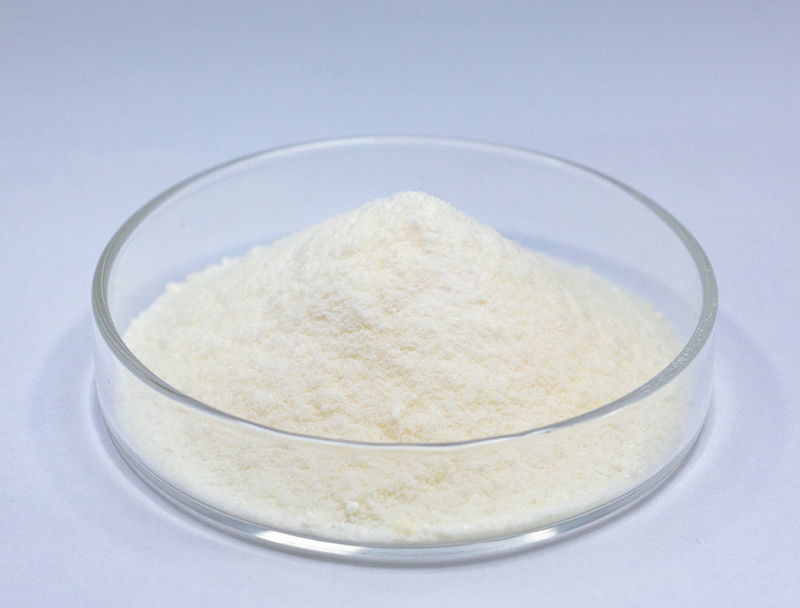
Large-scale bioproduction hinges upon a broad palette of biomass sources to manufacture advanced biological products.
Assuring long-term supply of raw inputs is vital for future-proofing and moral progress in biomanufacturing.
various risks tied to conventional feedstock acquisition for instance pollution and systematic depletion of reserves. Therefore, producers should prioritize ethical sourcing models to curtail ecological damage.
- Instances of green procurement approaches are:
- Using repurposed agricultural residues as substrates
- Applying zero-waste frameworks to limit waste and optimize resource use
- Connecting with nearby vendors prioritizing responsible supply
Shifting to ethical sourcing drives environmental value and long-term commercial viability.
Advancing Biomass Preparation for Elevated Biofuel Production
Maximizing the efficiency of biofuel production relies heavily on the quality and composition of biomass feedstocks. Researchers repeatedly investigate innovative methods to enhance feedstock potential, leading to higher yields of biofuels and a more sustainable energy future. Methods encompass cellular engineering to augment biomass output and refining processes to liberate fermentable carbohydrates.
- Furthermore, teams search for alternative biomass sources including algal strains, industrial wastes, and crop leftovers to broaden sustainable feedstock options for fuels.
- By means of ongoing innovation the biofuel sector can achieve substantial advances soon, shaping a cleaner energy future.

Biopharmaceutical Production: Innovations in Upstream Processes
involves foundational activities from cultivation to biomass harvest Recent developments in this field have resulted in optimized workflows that raise overall output.
Crucial progress includes proprietary cell systems, optimized growth media, and adaptive bioreactor architectures. These innovations not only enhance productivity but also minimize production costs and environmental impact.
- Also, evolving practices favor continuous flow processing which supports more agile upstream control.
- Transitioning to refined production methods has the potential to overhaul the industry and expedite new treatments.

Genetic Engineering Innovations for Higher Therapeutic Yields
improvements in molecular editing platforms like CRISPR have updated therapeutic production processes. Using precise gene interventions, engineers raise the output of key therapeutic proteins. Such strategies offer promise to create cost-effective, high-efficiency therapeutics across many disease areas.
Using Microbial Systems for Site-Specific Remediation
promising microbial strategies enabling effective environmental cleanup and restoration. Selected microbial cultures can remediate contaminants through biodegradation pathways.. Utilizing microbial metabolism supports eco-friendly site cleanup methods that limit secondary harm from remediation.. Laboratories test microbial species for efficacy against metals, pesticide pollutants, and oil-related contamination. Microbial cultures can function in contained bioreactors or be deployed onsite to facilitate biodegradative remediation..
Microbial remediation approaches present key benefits relative to classic remediation methods. The approach tends to lower treatment costs and avoids producing toxic residuals. Also, microbial interventions offer targeted remediation that minimizes collateral ecosystem disturbance. Work in this area evolves rapidly to optimize the success rates and scalability of bioremediation solutions.
Informatics-Driven Strategies for Drug Design
Data-driven bioinformatics is critical for modern pharmaceutical innovation. From identifying potential drug candidates to optimizing their efficacy and safety, bioinformatics enables a more efficient and data-driven approach.
- By parsing huge omics and clinical databases, bioinformaticians detect targets and estimate therapeutic responses.
- Also, in silico modeling of molecular interactions accelerates optimization toward more selective therapeutics.
- In the end, informatics-driven methods streamline development and accelerate delivery of therapeutic solutions to patients.
Metabolic Engineering Strategies for Enhanced Bioproduct Synthesis
utilizes multiple approaches to enhance production of desirable bioproducts in cells. Programs use genetic redesign of metabolic networks, dynamic regulation of expression, and addition of heterologous genes to unlock new capabilities. By fine-tuning these processes, engineers can significantly increase the yield of desired bioproducts.
This multifaceted approach has the potential to revolutionize a broad range of industries, including biopharmaceuticals, agriculture, and bioenergy.

Scaling Biopharma: Difficulties and Strategic Opportunities
Scaling up biopharmaceutical production presents both significant challenges and exciting opportunities. Ensuring product consistency at larger manufacturing scales represents a major hurdle. Solving it involves resilient control frameworks, high-resolution monitoring, and modern analytical tools.

A further difficulty lies in process complexity, with many interdependent production phases.. Reengineering workflows for mass production involves rigorous R&D and inventive technology deployment.. Even so, the payoff can be large. Skilled scaling can enlarge supply, lower prices, L-arginine-α-ketoglutaric acid and increase profit potential.
Different initiatives are progressing to solve scale-up constraints. Examples include novel optimization technologies, predictive analytics for real-time control, and inventive production models.
- Innovation programs are essential to expand production competencies.
- Regulators are adapting frameworks to speed authorization of novel manufacturing approaches and spur innovation.
Regulatory Considerations to Maintain Biopharmaceutical Safety and Performance
Manufacturing biopharmaceuticals entails detailed regulatory processes to copyright safety and clinical performance. Biologically derived medicines entail particular manufacturing and regulatory complexities compared with chemical drugs.
Regulatory authorities including FDA and EMA are central to creating criteria and processes for approving innovative biologics..
Stringent experimental and surveillance testing occurs across the entire development-to-market continuum. Those requirements help reveal risks and confirm that biologics satisfy stringent safety criteria..
Similarly, regulators iteratively adjust approaches to accommodate emerging biopharmaceutical breakthroughs.. This includes embracing novel technologies and facilitating the development process while maintaining a commitment to patient well-being.

Plant-Derived Feedstocks as a Route to Sustainable Bioplastics
The growing need for sustainable materials has led to a surge in research and development of renewable options. Among these, bioplastics, produced from plant-derived biomass feedstocks, offer a promising avenue towards a greener future. Sources like cornstarch, cellulose fibers, and sugarcane biomass can transform into compostable plastics that decompose and reduce pollution.
Furthermore, these bioplastics often possess comparable properties to their petroleum-based counterparts, making them suitable for a wide range of applications.. Ongoing studies and technology development are vital to exploit plant feedstocks for bioplastics and foster a circular economy.
Biotechnology's Impact on Global Health and Food Security
Modern biotech tools present opportunities to improve global health and stabilize food production. Via genetic modification, synthetic design, and therapeutic cell technologies, researchers build solutions to control infections, increase crop productivity, and enrich food quality.. Consider genetically enhanced crops that resist pests and environmental stresses to improve production and reduce pesticide reliance.. Furthermore, biotechnology supports creation of vaccines, therapeutic agents, and advanced diagnostics that strengthen responses to infectious threats and enhance health outcomes.. With ongoing research, biotech is positioned to enable broad improvements in health and food security that serve global populations.
